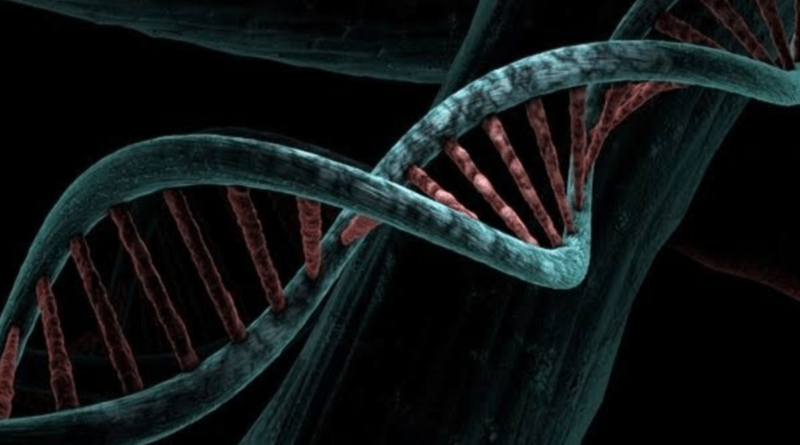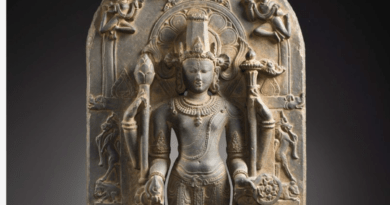Know The Labs Now: The Government Of India Has Reportedly Sequenced 10,000 Human Genomes.
The Genome India project can assist in identifying genetic variations that increase an Indian population’s susceptibility to particular diseases and in the development of treatments for those conditions.
The government’s massive Genome India project reached a noteworthy milestone on Tuesday when scientists finished sequencing 10,000 healthy genomes from various parts of the nation, which correspond to 99 different populations. The result of this achievement is a thorough genetic map of India, which has enormous promise for both academics and physicians.
It’s a significant accomplishment to have 10,000 genomes sequenced and to have an Indian repository. In 2003, news of the first complete human genome sequencing was released. At a cost of $3 billion, it took 13 years to build. With the advancement of technology, we can now sequence thousands of genomes in a few months.
One study that examined only 5,750 of the genomes was able to find 135 million genetic variants that are present in India. While some of these variants are prevalent throughout vast segments of the population, others only occur in certain pockets of the population. Now, this information can be linked to their physical characteristics or medical history. This can assist us in identifying variants that may indicate a sickness, such as those that could be the cause of rare diseases or certain cancers.
Additionally, it can aid in the identification of resistance-indicating variations, such as genes that may render some medications or anesthetics ineffective in some groups.
The world’s largest genetic lab is located in India. The nation’s biology industry may benefit from these facts as well. In the past ten years, India’s bioeconomy has increased thirteen times, from $10 billion in 2014 to nearly $130 billion in 2024. It will drive India’s future development.
The Indian Biological Data Centre (IBDC) will house the complete collection, which totals eight petabytes of data, and make it available for use in research or as a digital public benefit. The only databank in the nation, the IBDC opened for business in 2022. Indian researchers had to host their biological datasets on servers located in the United States or Europe prior to then.




